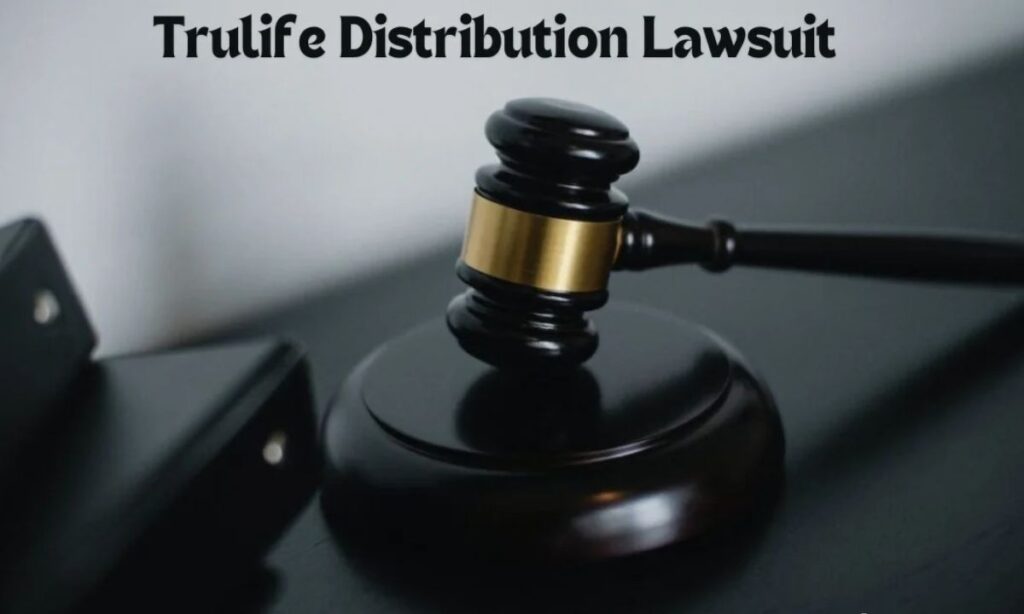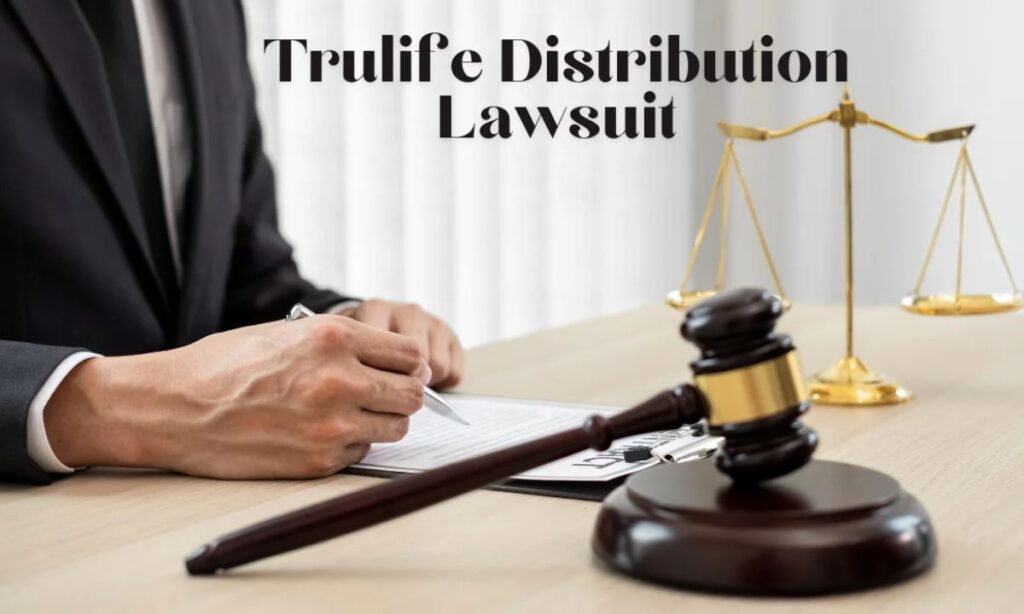The Trulife Distribution lawsuit has caught widespread attention. This case highlights fierce competition in the distribution industry. It also shows how family ties can complicate business decisions. Understanding this lawsuit is important for anyone interested in the dynamics of distribution companies. It reveals how personal relationships can impact professional outcomes.
In this article, we will explore the main issues of the Trulife Distribution lawsuit. We will look at the parties involved and the latest developments. Our goal is to provide insights into the broader implications for the industry.
Family Feuds in Business
Family businesses have unique advantages and challenges. Strong bonds and shared values can boost success. However, personal conflicts can lead to complications. The Trulife Distribution lawsuit is a clear example of these complexities.
In this case, family dynamics played a significant role. Disagreements over strategies and leadership often arose. These issues can escalate quickly when mixed with personal history. The lawsuit highlights how unresolved family problems can spill into business.
This situation serves as a reminder for family-run businesses. It is crucial to set clear boundaries and communication channels. Personal disagreements should not hinder professional goals. Balancing family ties and business objectives is vital for success.
Allegations of Deceptive Practices

One major aspect of the Trulife Distribution lawsuit involves allegations of deceptive practices. In the competitive distribution industry, reputation is crucial. Any hint of deception can have serious consequences.
Deceptive practices may include misleading advertising. They can also involve tactics aimed at undermining competitors. These allegations raise serious concerns about business ethics. They question the lengths companies may go to for an edge.
Maintaining transparency is essential for companies. Ethical standards build trust with customers. They also ensure long-term sustainability in a competitive market. The specifics of the allegations are complex. However, they emphasize the importance of integrity in operations.
The Dismissal of the Case
After lengthy legal battles, the Trulife Distribution lawsuit reached a conclusion. The case was dismissed, but what does this mean for those involved? Understanding the reasons behind the dismissal offers insights into legal processes.
A case dismissal often means insufficient evidence was presented. It may also indicate that parties reached a settlement. In this instance, the dismissal brought relief to some and disappointment to others. This outcome sparked debates about the validity of the original allegations.
For the distribution industry, this case serves as a cautionary tale. It emphasizes the need for companies to ensure ethical practices. Resolving internal disputes before they escalate is crucial. The outcome prompts questions about future strategies for those involved.
Read This Blog: Exploring Fauxmoi: The Reddit Thread Redefining Celebrity Gossip
The Role of Competition in Distribution
The distribution industry is characterized by fierce competition. Companies are always striving to expand their reach and improve efficiency. The Trulife Distribution lawsuit illustrates how intense competition can lead to conflicts.
In this high-pressure environment, businesses feel the need to innovate. However, this drive can lead to shortcuts or questionable practices. Companies must balance ambition with responsibility. It is essential to ensure that the pursuit of success does not compromise ethics.
The lawsuit also shows the importance of understanding market dynamics. Companies that stay alert and proactive are better equipped to handle challenges. They can also thrive in an ever-evolving landscape.
The Broader Implications for the Industry

The Trulife Distribution lawsuit has broader implications for the entire distribution industry. It highlights the interplay between competition, ethics, and family dynamics.
For businesses in this sector, the lawsuit serves as a wake-up call. Companies must maintain transparent practices. Open communication among stakeholders is critical. Addressing internal conflicts before they escalate can prevent legal disputes.
This case also underscores the need for industry-wide standards. Regulations that promote fair competition can protect stakeholder interests. Such measures help create a healthier business environment.
Also Read This Blog: Unblocked Infinite Craft: Explore and Build Instantly
Key Takeaways from the Trulife Distribution Lawsuit
- Family Dynamics Matter: Personal relationships can significantly influence decisions. Establishing clear boundaries is essential to avoid conflicts.
- Ethical Practices are Paramount: Allegations of deception can have serious consequences. Companies must prioritize transparency to maintain trust.
- Competition Drives Decisions: In a competitive industry, businesses must balance ambition with responsibility. They should ensure integrity in their pursuit of success.
Lessons for Future Business Strategies

The Trulife Distribution lawsuit offers valuable lessons for companies. Understanding the key themes can help businesses refine their strategies. One important takeaway is proactive conflict resolution. Addressing disagreements early prevents legal battles.
Companies should also prioritize transparency and ethical practices. Additionally, businesses must remain vigilant and adaptive. Anticipating challenges and opportunities is crucial. Staying informed enables companies to navigate industry complexities effectively.
Frequently Asked Questions
What was the Trulife Distribution lawsuit about?
The lawsuit involved family disputes and allegations of deceptive practices within the distribution industry.
Why was the case dismissed?
The case was dismissed due to insufficient evidence or a possible settlement between the parties.
How do family dynamics affect businesses?
Personal relationships can complicate decision-making, leading to conflicts that impact business outcomes.
What are the implications of the lawsuit for the industry?
The lawsuit highlights the need for ethical practices and clear communication in family-run businesses.
What lessons can be learned from this case?
Companies should prioritize transparency, proactive conflict resolution, and ethical standards to ensure long-term success.
Conclusion
The Trulife Distribution lawsuit presents a compelling narrative. It reveals the intricate dynamics of the distribution industry. From family feuds to ethical practices, this case offers valuable insights.
For those interested in these themes, further research into family dynamics or ethics in business may be rewarding. By continuing to learn and adapt, companies can better position themselves in an ever-changing landscape. The lessons from this lawsuit serve as a guide for future business strategies.
Tech innovator and digital explorer Ellia leads TechSloby, bringing cutting-edge insights to fellow enthusiasts. With a passion for demystifying complex tech concepts, she bridges the gap between innovation and understanding.



